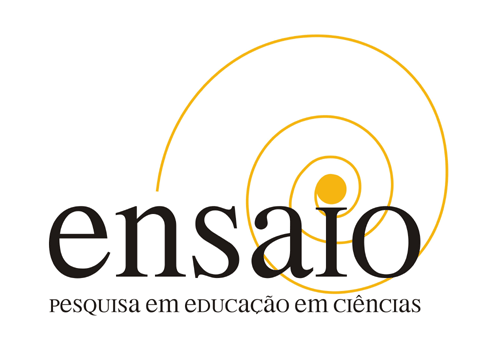ABSTRACT:
Proactive individuals consciously seek to develop self-awareness regarding their actions and behaviors to accomplish their goals. As they enhance their self-regulatory skills, they boost their motivation to learn and persist through their undergraduate studies. Motivation is a fundamental element in the learning process, influencing the student’s decision to persist or dropout. Moreover, beliefs in self-efficacy, sense of belonging, and perception of curricular relevance also impact this decision, being considered predictors of student persistence. Based on the models of Zimmerman, Rosário, and Tinto, we investigated academic self-regulation and its relationship with persistence intention and other constructs. The data was collected through an online questionnaire, consisting of affirmative questions about i. the adoption of self-regulatory behaviors; ii. Self-efficacy beliefs for self-regulation and learning Physics; and iii. The sense of belonging, perception of curricular relevance and intention to persist. The questionnaire was administered to 140 students of Physics courses, among whom 76 identified as men and 64 as women, with ages ranging between 17 and 58 years old. The data was analyzes using descriptive analysis, correlation analysis and linear regression. The results indicate that students tend to adopt self-regulatory behaviors related to the evaluation phase more frequently than those related to the planning phase. We have also identified significant correlations between the intention to persist and other constructs.
Keywords:
Intention of persistence or dropout; Self-regulated; Physics

 Thumbnail
Thumbnail
 Thumbnail
Thumbnail
 Thumbnail
Thumbnail
 Thumbnail
Thumbnail
 Thumbnail
Thumbnail
 Fonte: Adaptado de
Fonte: Adaptado de  Fonte: Adaptado de
Fonte: Adaptado de 

